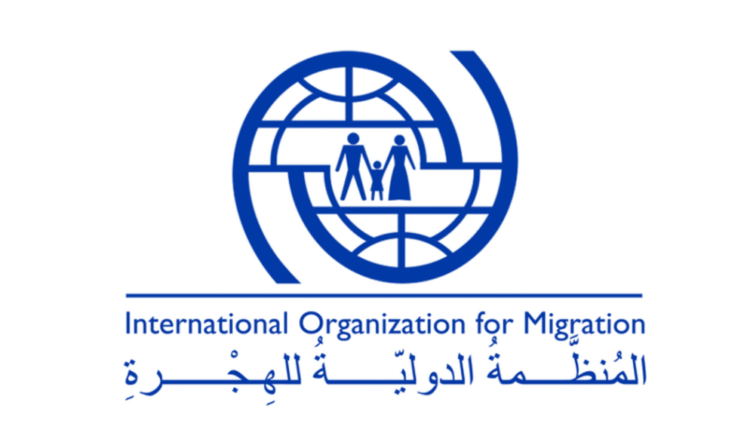Sudanese Prefer to Return Home Despite War Conditions, and UN Agencies Support This Trend

Geneva – Sudanhorizon
A joint press release by the International Organization for Migration (IOM), the UN High Commissioner for Refugees (UNHCR), and the United Nations Development Programme (UNDP) stated that while conflict continues across parts of Sudan, the emergence of relatively safer areas has prompted many Sudanese to return to their hometowns.
The three organizations confirmed that over one million internally displaced Sudanese have already returned to their homes. Additionally, 320,000 people have returned to Sudan since last year, primarily from Egypt and South Sudan; some to assess the current situation before making a final decision to remain.
The statement noted a striking paradox: most returnees are heading to Khartoum, Sennar, and Al Jazirah states, despite these being among the areas most devastated by the ongoing war, which has raged for more than two years.
The statement also confirmed that regional directors from UNHCR and IOM had recently visited Khartoum and witnessed widespread destruction and a chronic lack of services for the remaining population.
This includes thousands of internally displaced Sudanese as well as refugees and asylum seekers who have been completely cut off from assistance since the war began.
The statement added that the visits followed a prior mission by the UNDP Regional Director in February, aimed at finding long-term solutions for internally displaced persons and refugees through the provision of livelihoods and essential services.
The press release, issued yesterday, on Friday, quoted Mamadou Dian Balde, the Regional Refugee Coordinator for the Sudan crisis, who had just returned from Khartoum and Wadi Halfa on the Egyptian border. He said:
“This return is more than just proof of people’s desire to go home; it’s an urgent call to end the war so that they can rebuild their lives.”
He added: “It not only signals a hopeful shift, but also highlights the increasing pressure on host countries. We call for stronger international solidarity with the Sudanese people displaced by this horrific war, and with the countries that have opened their doors to them.”
Given the severe shortfall in funding for humanitarian operations inside Sudan and in neighboring host countries, the agencies stressed the urgent need to increase financial support.
The statement emphasized that humanitarian partners underline the importance of beginning recovery efforts in areas that have become more accessible and relatively safe, while also addressing the dire needs of refugees in host countries through improved funding.
Even though fighting has eased in some areas, the conditions remain dangerous. Public infrastructure—electricity grids, roads, sewage systems—has been destroyed. Schools and hospitals have been damaged or transformed into mass shelters for displaced families. The loss or destruction of civil documents and the inability to replace them prevent people from accessing available services. In addition to the risk of unexploded ordnance, there is widespread sexual violence and child rights violations.
Speaking from Port Sudan following his visit to Khartoum, Othman Belbeisi, IOM’s Regional Director, stressed the importance of supporting returnees in their voluntary decision to return:
“Returnees are not passive survivors—they are vital to Sudan’s recovery. Yes, the humanitarian situation is critical, but with the right support, returnees can revive local economies, rebuild social life, and inspire hope where it’s most needed. But they can’t do it alone. We must work with local partners to ensure people return not to broken systems, but to the foundations of peace, dignity, and opportunity. Thousands who are returning home are driven by hope, resilience, and a deep-rooted connection to their homeland. Still, it is essential to stress that return must always be voluntary, informed, and dignified.”
Abdallah Al Dardari, Director of the UNDP Regional Bureau for Arab States, added: “Anyone forced to flee understands the overwhelming desire to return. But without urgent action, people will return to destroyed cities. We’re in a race against time to remove rubble, restore water and electricity, and deliver healthcare. We also need to offer long-term support for jobs and businesses and address the invisible scars of war, including counseling and legal aid for women survivors of violence.”
Despite the wave of returns, hundreds continue to flee daily within Sudan and across its borders due to the ongoing conflict, especially in the Darfur and Kordofan regions.
Shortlink: https://sudanhorizon.com/?p=6657

